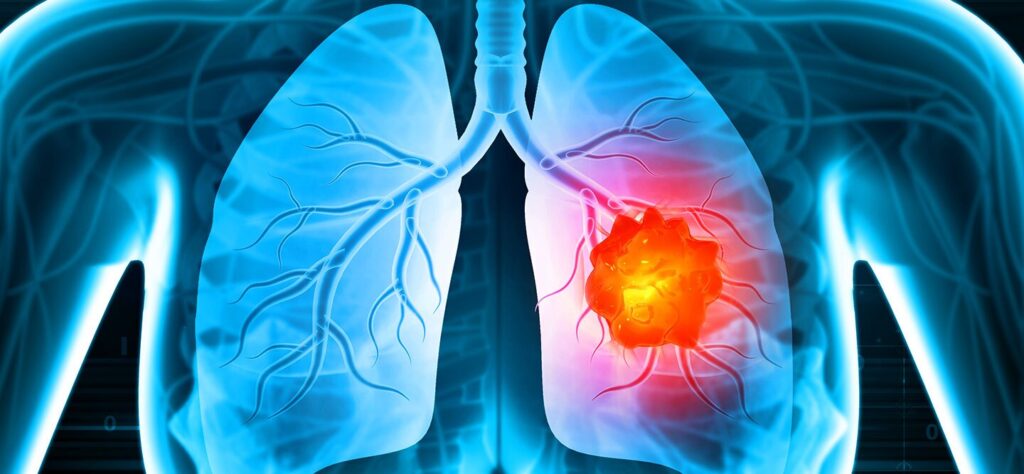How To Counteract The Rise Of Lung Cancer?


Healthcare professionals stress the critical need for more awareness, early identification, and preventative actions to counteract the rising prevalence of lung cancer as Lung Cancer Awareness Month progresses. This international campaign reminds people of the vital actions they may take to protect their lungs.
Due to its silent growth, lung cancer is still one of the most common tumors in the world and is frequently discovered at an advanced stage. Experts advise people to stop smoking, get regular checkups, and get help from a doctor right away if they experience symptoms like shortness of breath, chronic coughing, or unexplained weight loss.
Prof. (Dr.) Amitabha Chakrabarti, Sr. Consultant, Cardio Thoracic and Vascular Surgeon, Narayana Hospital, RN Tagore Hospital, said, “Environmental pollution and smoking are closely related, and both greatly increase the risk of lung cancer, a serious worldwide health concern. Long-term exposure to air pollutants, such as industrial emissions and fine particulate matter (PM2.5), is now known to be a major cause of lung cancer, particularly in nonsmokers. These environmental risks, when coupled with other risk factors including family history, make early detection and routine testing essential. We want to help patients fight lung cancer while promoting healthier, pollution-free surroundings by addressing pollution with cleaner technology, educating people about its effects on lung health, and providing state-of-the-art treatments”.
Dr. Manujesh Bandopadhyay, Consultant, Thoracic & Vascular Surgery, Narayana Hospital, Howrah, said, “Smoking and air pollution are the main causes of lung cancer. While persistent coughing, blood in mucus, weight loss, and chronic shortness of breath may be signs of cancer, early symptoms may be similar to those of COPD or asthma. Although screening for lung cancer is not common in India, it may be beneficial for people aged 50 to 80 who have smoked 20 packs per year. The best course of treatment is surgery, however, in cases where surgery is not feasible, other treatments include immunotherapy, chemotherapy, and radiotherapy. If symptoms arise, get help right away and treat the patient using a multidisciplinary approach”.
To emphasize the significance of lung health, hospitals, and healthcare groups are planning educational initiatives, free lung health examinations, and awareness efforts. The goals of this program are to help individuals impacted, promote early detection, and clear the path for a healthier, lung cancer-free future.
Priyanka Dutta
